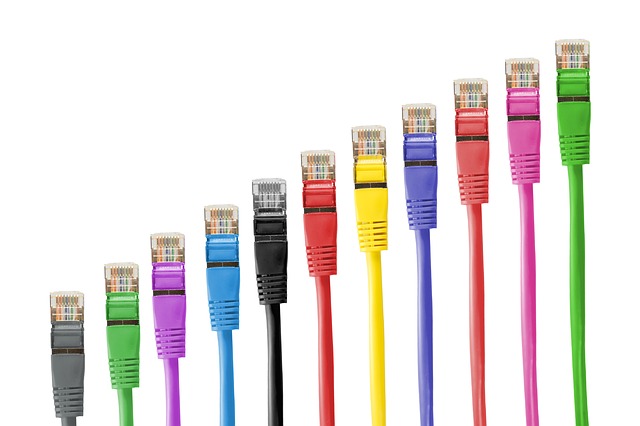Google Fiber Raises the Bar For Internet Providers

In many areas of the United States, Internet Service Providers have a near monopoly on their services. The lack of competition leads to higher prices, poor service, and a lack of innovation and advancement. Google Fiber is set to change all that.
How It All Got Started
Google Fiber first rolled out in Kansas City, bringing 1 gigabit Internet to the city. The service also gives you the ability to record 8 different programs at once, a terabyte of cloud storage through Google Drive, and not a single data cap. The next location to get Google Fiber is Austin. The infrastructure needed takes quite a bit of time to get set up, with a rollout date of approximately 2014. Google has not yet announced the exact boundaries of Austin that get covered by their fiber Internet service. Google Fiber is a massive undertaking by the tech giant, both for building up fiber infrastructure and taking on well established ISPs. According to the Wall Street journal, Google has also announced that the next rollout post-Austin will be in Provo, Utah.
Speed and Pricing
The main draw to Google Fiber is the speed, which goes up to 1 terabyte. In many areas, ISPs offer significantly slower Internet speeds, between 2 mbps and 50 mbps. They also offer a free level of Internet accessibility, along with a $70 a month plan for the gigabit or a $120 a month plan for gigabit Internet plus television service. The free service is set at the average basic Internet plan speed that current ISPs offer, with 5 mbps up and 1 mbps down. According to InternetProviders.com, Google does require a construction fee of $300 for the free service, but after that you don’t pay a monthly fee for access.
Google Fiber’s Effect on ISPs
According to Yahoo, Time Warner Cable attempted to claim that customers have no interest in such fast Internet speeds. With a significant portion of Internet users going on services such as Netflix and other streaming content providers, a push for higher speeds makes a lot of sense. Google also focuses on tech savvy cities that are hungry for better Internet options. If current ISPs don’t attempt to adapt their services, both by increasing speeds and improving infrastructure, they’re not going to be able to compete with Google’s services. Now that Google plans on rolling out fiber Internet to other cities, this project isn’t just an experiment anymore. It’s a viable business that could change the shape of US Internet access, which has long lagged behind other countries in terms of speed.
Either ISPs adapt and attempt to compete with Google, or Google usurps the current ISP monopolies in place. Either way, it’s good for Google’s business. Google has a great deal of products and projects that benefit from faster Internet. When people can connect faster, they spend more time doing things and less time waiting on the Internet. Whether that’s watching more videos, downloading more music, or checking out the latest shows, it gets more searches and more ad views to help Google out.
References:
- https://blogs.wsj.com/moneybeat/2013/04/22/google-stays-fit-with-fiber/
- https://news.yahoo.com/isps-warned-ignore-google-fiber-own-peril-035927844.html
Would you like to receive similar articles by email?





